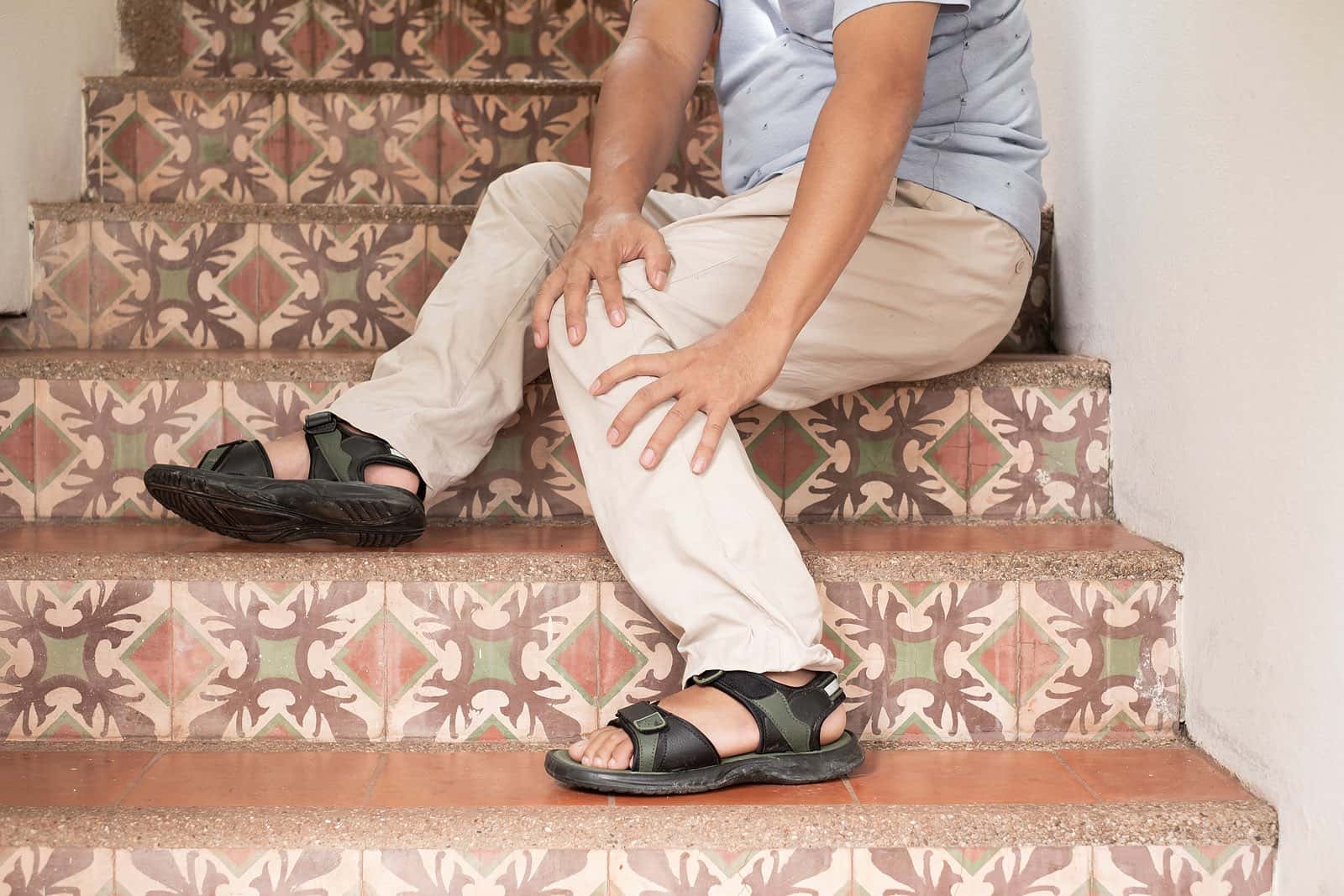
Respiratory syncytial virus (RSV) can be as mild as a cold…or it can kill. Infants and older people with chronic health conditions are especially vulnerable. Drug companies are now advertising vaccines against respiratory syncytial virus. Perhaps you have seen commercials for Arexvy and Abrysvo. At a meeting of the CDC’s Advisory Committee on Immunization Practices, scientists reported a slightly higher than expected risk of Guillain-Barré cases in vaccinated individuals. The connection between RSV vaccines and Guillain-Barré is disconcerting, even though it appears to be a rare complication. On the other hand, the infection itself can be devastating.
What Is Guillain-Barré Syndrome (GBS)?
As you can probably deduce from the name, this relatively rare condition was first described by French physicians. Georges Guillain, Jean Alexandre Barré and André Strohl got the credit for diagnosing and defining the disease even though it was actually discovered by a fellow French physician, Jean-Baptiste Octave Landry, more than 50 years earlier in 1859.
It is described primarily as a serious neurological condition. The immune system starts to run amok and attack nerves. People first report weakness and tingling in extremities.
As nerves begin demyelinating (losing their protective sheath), paralysis sets in. Patients often have trouble walking and talking. Swallowing may also become a problem along with breathing problems. Anyone who experiences tingling in toes or feet that begins to migrate up the legs should contact a physician immediately.
Is There a Connection Between RSV Vaccines and Guillain-Barré?
The CDC has an Advisory Committee on Immunization Practices (ACIP). It met on February 29, 2024, to discuss a number of vaccine issues including the possible connection between RSV vaccines and Guillain-Barré syndrome (GBS).
Not surprisingly, there were lots of cautions and caveats from the CDC staff when describing the link between RSV vaccination and GBS. Because both Arexvy and Abrysvo have been on the market for less than a year, it’s early days. Nevertheless, the CDC is reporting a signal that GBS is a rare but disconcerting complication of the vaccines.
The background rate measured in 2022 was 5 cases per million among people over 65. Rates associated with the new vaccines were higher than that–about 10 per million Arexvy doses and up to 25 per million Abrysvo doses.
Researchers point to influenza infection and flu vaccines for comparison. Flu vaccines are associated with an additional 2 cases per million doses, but influenza infection itself triggers more cases of Guillain-Barré.
Why Would Vaccines Trigger GBS?
The CDC is clear that it does not know why vaccines occasionally trigger this demyelinating neurological condition. It’s not just with RSV vaccines. It has happened with the J&J/Janssen COVID-19 vaccine, flu vaccines and shingles vaccines. The 1976-77 swine flu vaccine caused enough cases of GBS (1 per 100,000 vaccinations) that the vaccine campaign was stopped prematurely.
The good news is that, in general, GBS is rare after vaccination. For example, the FDA has reported roughly 3 cases of GBS after one million vaccinations with Shingrix. Infections can also trigger Guillain-Barré syndrome. That includes influenza, COVID-19, Zika virus, Epstein-Barr virus, chickenpox and HIV.
We suspect that vaccines can trigger this autoimmune disease because they kick the immune system into overdrive. How much of this reaction is due to the adjuvant (which stimulates the immune system in a general way) and how much is due to the actual vaccine itself has yet to be determined.
Most people recover from GBS, but some people succumb to this paralytic condition. We hope the CDC tracks the relationship between RSV vaccines and Guillain-Barré very carefully.
Consequences of RSV Infection:
Respiratory syncytial virus has been getting more attention in the past few years than previously because of the new vaccines. Despite the potential danger, this is worth a conversation with your PCP.
A new study shows that 1 in 20 adults diagnosed with RSV ended up being hospitalized within a month (JAMA Network Open, Nov 19, 2024). People 65 and older or those with asthma, COPD or congestive heart failure were at higher risk. It might not be crazy to decide that the risk of infection and hospitalization is far more serious than the risk of vaccination complications.
Citations
- Landi SN et al, "Hospitalization following outpatient diagnosis of Respiratory Syncytial Virus in adults." JAMA Network Open, Nov 19, 2024. DOI: 10.1001/jamanetworkopen.2024.46010

